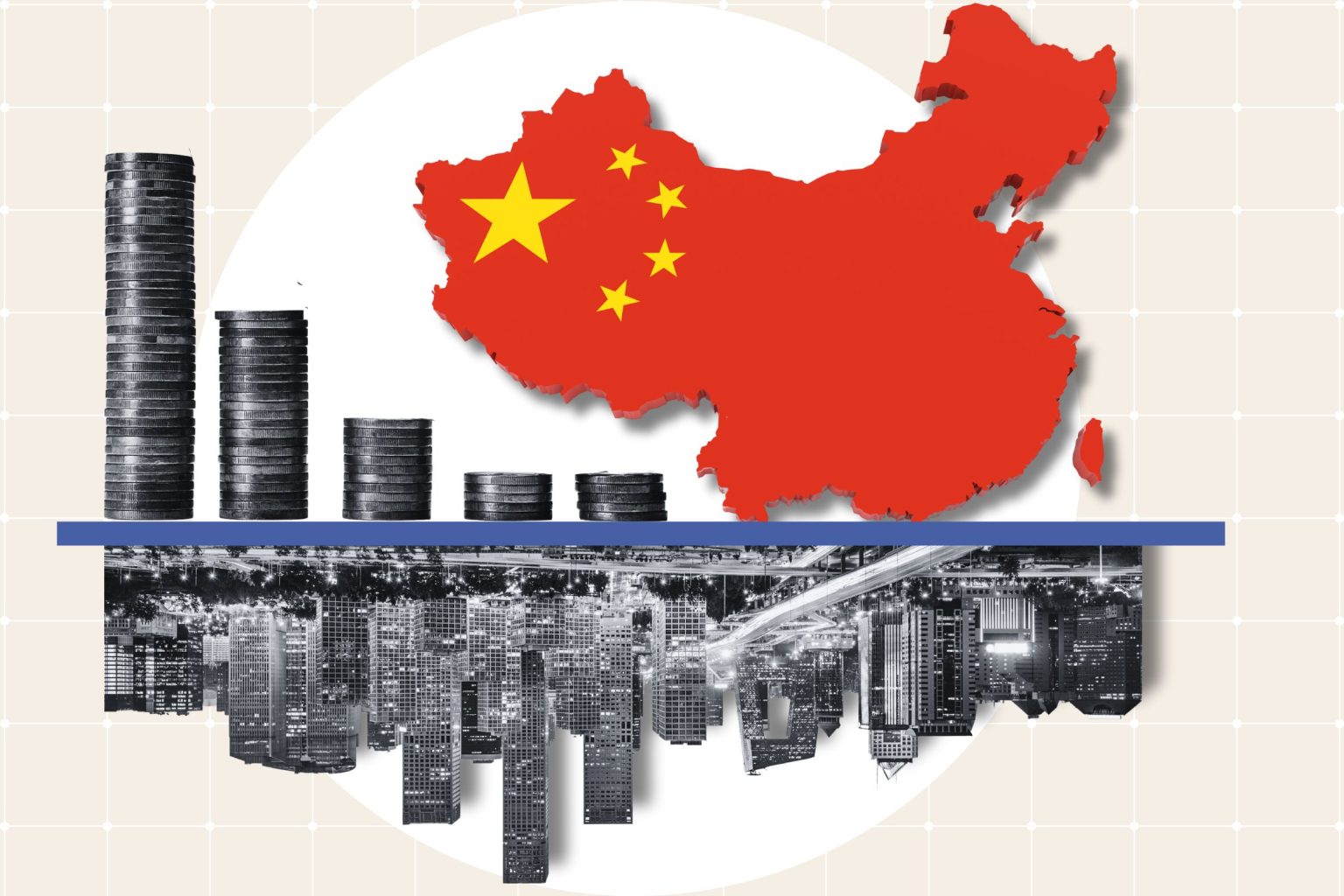China’s economy is currently facing a slowdown characterized by deflation, low consumer confidence, and a property market slump, drawing comparisons to Japan’s “Lost Decades” in the past. The collapse of the mega developer Evergrande in 2021 highlighted the overleveraged state of China’s real estate sector, which had driven up prices to unsustainable levels through speculation fueled by easy credit policies. This situation mirrored Japan’s experience in the 1980s when an asset bubble burst, leading to a stock market crash and a prolonged period of economic stagnation.
The possibility of China experiencing a similar “Japanification” largely depends on Beijing’s response to the crisis. Economists emphasize the importance of the Chinese government recognizing the scale of the problem, implementing effective policies, and rebuilding private-sector confidence. While China faces demographic challenges and a property bubble similar to Japan, the country has significant upside potential due to its lower per-capita income, solid banking system, and growth in technology manufacturing, particularly in green tech. By adapting sound macroeconomic policies and stabilizing market confidence, China can potentially avoid the fate of Japan.
Differences in the banking sectors of Japan and China also play a crucial role in determining the outcome of their respective economic challenges. In Japan, the government struggled to rescue troubled lenders during its crisis, leading to the establishment of public “bridge banks” to manage insolvent institutions. On the other hand, China’s predominantly state-run banks give the government the ability to inject capital directly into troubled banks, supported by the country’s substantial reserves and trade surpluses. This advantage strengthens China’s capacity to address the financial sector’s difficulties and support economic recovery.
Real-estate owners in China are expected to incur losses, which could impact consumer spending until the economy rebounds. Given that a significant portion of household wealth in China is tied to real estate, the property market remains a critical factor in the country’s economic revival. To address the issue of unsold apartments, the People’s Bank of China recently pledged over $42 billion for local state-owned enterprises to purchase these properties. However, significant market-oriented reforms, financial sector liberalization, and greater support for private enterprises may be necessary for sustained economic growth and recovery.
Overall, China has the potential to navigate its current economic challenges and avoid the fate of Japan’s “Lost Decades” if it adopts effective policies, stabilizes market confidence, and implements necessary reforms. With its unique advantages such as lower per-capita income, a solid banking system, and a focus on technology manufacturing, China can capitalize on opportunities for growth and development. By addressing the issues in its real estate sector, supporting consumer spending, and implementing market-oriented reforms, China can steer its economy towards a more positive trajectory and avoid a prolonged period of economic stagnation.


